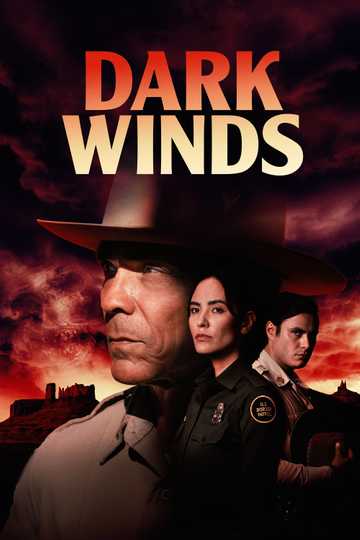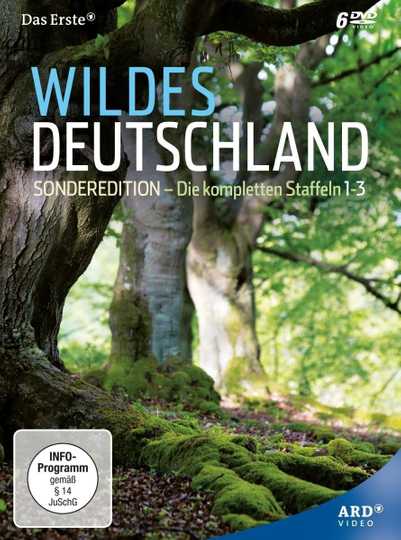Season 3 Episodes
1. The Danube
Almost 3,000 kilometers in length, the Danube is the second longest river in Europe. Because of the varied and attractive landscapes along its banks and the rare animal and plant species found there, the Danube is also known as the queen of rivers. Time and again man has tried to conquer the Danube. It was partially canalized and developed as a modern waterway. But the Upper Danube Valley, the Swabian Donaumoos, the Weltenburg Narrows or the mouth of the Isar could be preserved as natural paradises. Rarities such as the peregrine falcon, the European pond turtle, beaver and the curlew hide in the green wilderness along the blue river. The industrious rodent, which was wiped out almost all of Central Europe more than 100 years ago, only returned to its old homeland in the last few decades - thanks to extensive protective measures. Along the German section - from the springs in the wild and romantic Black Forest down to the Austrian border near Passau, the film journey shows the Danube.
2. The Lusatia
When spring comes, strange sounds fill the peaceful water world of Teichlausitz in the extreme south-east of Germany. What sounds like someone blowing into a bottle is the courtship call of the bittern, which can be heard from miles away. However, the extremely rare bird can hardly be spotted: if it feels observed, it stretches its head and beak straight up and moves gently in the wind like the reeds. In addition, the brown and black plumage makes the bittern almost invisible. Otters and elks also feel at home in the border region between Brandenburg and Saxony. And not far away, the overburden heaps and mining lakes of decades of open-cast lignite mining offer numerous wild animals valuable retreats. Recultivation areas and former military training areas are now home to animals that have all but disappeared in this country. Iridescent bee-eaters and hoopoes breed on the heath because they find plenty of insects there.
3. The Stechlin - In the kingdom of clear lakes
Blue lakes surrounded by forest, lovely bays, wild solitude: in the north of Brandenburg there are lakes whose clarity is reminiscent of crystals. More than 100 of them are in the Stechlin-Ruppiner Land nature park. Above all the Stechlin east of Rheinsberg. It is 69 meters deep, particularly clear and one of the best-researched lakes. Sunbeams play on the backs of silver perch many meters below the surface. In the thicket of riparian vegetation, pike lurk in wait for the right moment to strike at lightning speed. When the water warms up in spring, several male pike will court a female. At his side, they animate the chosen one to give up eggs, scenes that have never been filmed like this before. Large, partly swampy forests surround the Stechlin and shield it from of modern agriculture. Slurry and fertilizers hardly get into the lake. The forest not only protects the lake, one of the fastest birds in the world has recently started breeding here again: the peregrine falcon.
4. Wild Berlin
A fascinating parallel world between people, skyscrapers and multi-lane roads: millions of wild animals such as raccoons, foxes, bats, squirrels and beavers make their home in the green metropolis. There is at least one pair of birds for every resident of the capital, nowhere else are there so many sparrows and nightingales. Roland Gockel and Rosie Koch watched the animals change with the seasons.




































